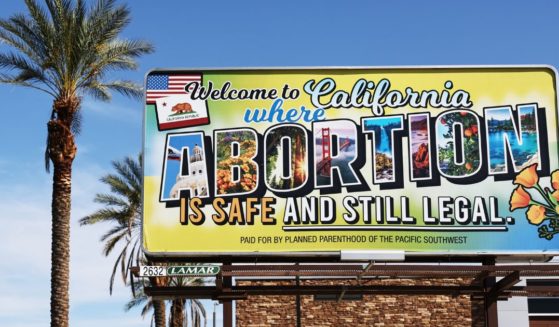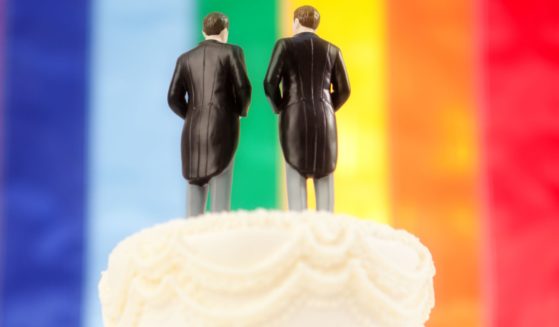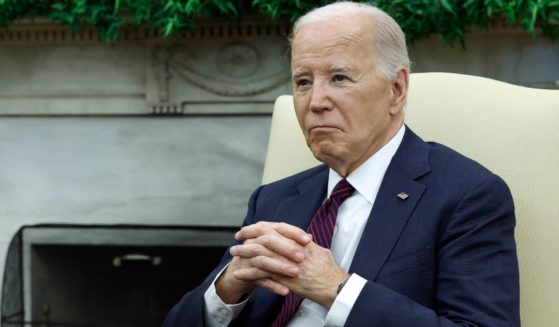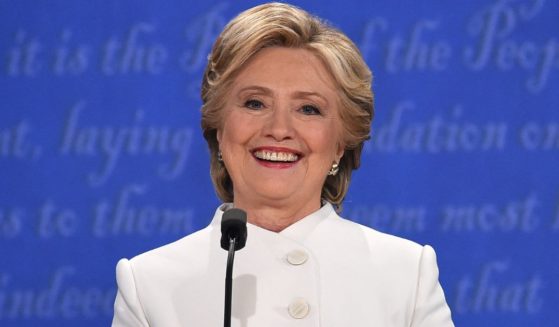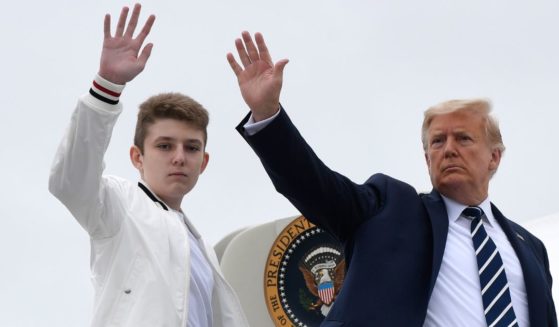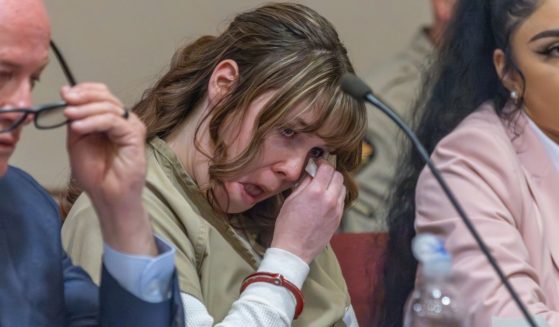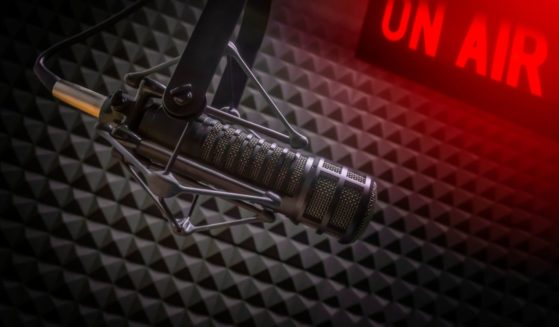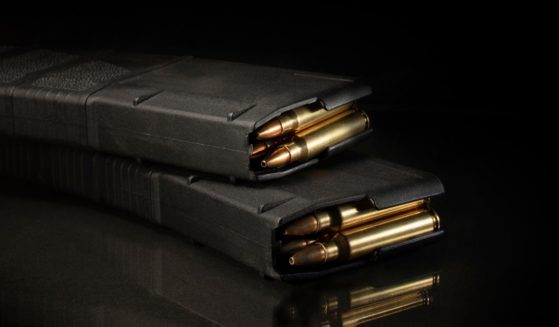Manhattan tolls, plastic bag ban approved in New York budget
ALBANY, N.Y. (AP) — New York’s Democrat-controlled Legislature worked into the night Sunday to wrap up work on a new state budget that includes new tolls on motorists driving into the busiest parts of Manhattan and a statewide ban on plastic bags.
The Senate and Assembly began voting on budget bills Sunday and hoped to finish their work on the $175.5 billion spending plan early Monday.
In addition to new tolls and the bag ban, the budget calls for closing up to three yet-to-be-determined state prisons, eliminating cash bail for misdemeanor and non-violent felony arrests, a permanent, annual 2 percent cap on local property taxes, and another $1 billion for public education.
“This budget is probably the strongest progressive statement that we’ve made,” Gov. Andrew Cuomo told reporters Sunday as lawmakers worked through hours of debate and voting on the budget. “If you have big problems, it calls for big solutions.”
In an agreement reached earlier last week but not officially announced until Sunday, most single-use plastic bags provided by supermarkets and other stores will be banned statewide starting March 1, 2020. Individual counties will have the option of charging 5 cents for paper bags, with 2 cents going to local governments and 3 cents to the state’s Environmental Protection Fund.
New York would be just the third state with a statewide ban. California’s ban has been in place since 2016. All of Hawaii’s counties ban plastic bags but it’s not a state-mandated ban.
“The convenience of plastic bags is simply not worth the environmental impact,” said Carl Heastie, D-Yonkers. “By reducing our state’s usage, we will see less litter in our communities and less plastic pollution in our waterways.”
Major issues that didn’t make it into the spending plan include legalization of recreational marijuana. Cuomo and legislative leaders have said the issue was too complex to rush into the budget. Instead, it could be handled in separate legislation worked out over the last three months of the legislative session, scheduled to end June 19.
The Manhattan tolls plan known as congestion pricing will be the first of its kind in the nation. State leaders said a review board will determine the toll amount, exemptions and credits for drivers headed into the borough’s central business district. The billions the tolls are expected to raise will go toward fixing New York City’s ailing mass transit system, though a portion of the revenue will go to the Long Island Rail Road and Metro-North
An earlier estimate had put the toll amount for personal vehicles at nearly $12. Cuomo said without the tolls, either the subways could continue to deteriorate or fares for subways and city buses would have had to go up 30 percent.
“That was the choice,” he said of the toll. “You need a viable mass transit system.”
The state budget also will include two other dedicated revenue sources for the subways: a “mansion tax” on Manhattan homes that sell for $25 million or higher, and an internet sales tax levied on retailers who sell merchandise online.
The funding streams for the Metropolitan Transportation Authority include a reorganization plan and other reforms Cuomo has demanded for the agency that runs the city’s buses, subways and commuter trains.
In addition to eliminating cash bail for some charges, other criminal justice reforms include requiring prosecutors and defense lawyers to share all case information well in advance of trials, and speeding up the time it takes for a case to go to trial.
The budget agreement also establishes a state commission that will come up with a system for public financing of legislative and statewide offices, with up to $100 million in taxpayer funds authorized annually for such a system.
Cuomo and legislative leaders also agreed to legislation that would allow three hours of paid time off for New Yorkers to vote on Election Day and expand voting hours upstate in primary elections to begin at 6 a.m. instead of noon to match general election hours.
The Western Journal has not reviewed this Associated Press story prior to publication. Therefore, it may contain editorial bias or may in some other way not meet our normal editorial standards. It is provided to our readers as a service from The Western Journal.
Truth and Accuracy
We are committed to truth and accuracy in all of our journalism. Read our editorial standards.

